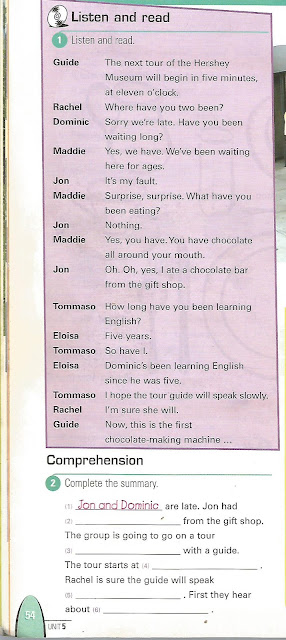INFINITIVE

INFINITIVE WARM UP GRAMMAR We use the to -infinitive: • to express purpose (to answer "Why...?"): He bought some flowers to give to his wife. He locked the door to keep everyone out. We sometimes say in order to or in order not to : We set off early in order to avoid the traffic. They spoke quietly in order not to wake the children … or we can say so as to or so as not to : We set off early so as to avoid the traffic. They spoke quietly so as not to wake the children. • after certain verbs (see verbs followed by infinitive ), particularly verbs of thinking and feeling : choose, expect, hate, hope, intend, like, love, mean, prefer, want, would like, would love … and verbs of saying : agree, promise, refuse They decided to start a business together. Remember to t...

